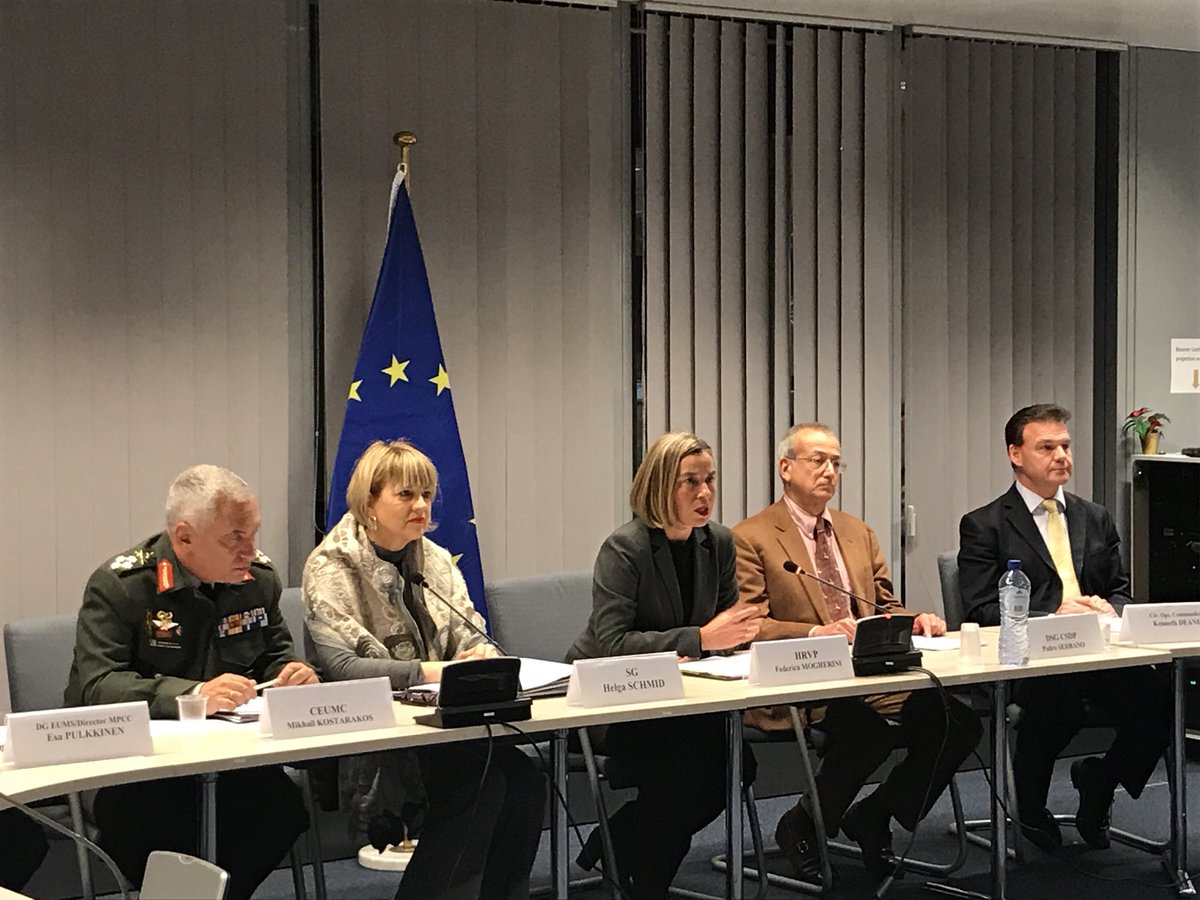Eufor Chad 6: Gen. Ganascia: “Keep the force operational”

• What is for you the main difficulty of this mission?
For the force commander that I am, it is certainly a question of maintaining a resolutely proactive style in our action, of being operational immediately, even if all the logistical questions have not been resolved. You have to get information, organize patrols, be visible everywhere.
• Do the rebels bother you?
They are not a threat to me. Whether it's rogue soldiers, rebels or bandits, I don't care, I don't have to make distinctions between uniforms or enter into political considerations. My mandate is very clear. From the moment these people pose a military threat to the population, attack NGOs, Minurcat or my men, I have to act. As long as they go their way, I'm not concerned.
• The recent events in Adé have proven that you are not immune to an influx of wounded Chadian soldiers or rebels into your posts. How will you: intervene or not?
It's clear. We are impartial. But the doctor is also bound by his Hippocratic oath. Doing nothing would be failure to assist anyone in danger. If we are brought in with the injured, it will be up to the doctor to act according to his own rules, to practice the vital gestures of survival, of stabilizing the victim before evacuating the injured. But we have to stop there. There is no question of medicalizing a plane to recover the wounded.
• If there is a threat, do we have to wait for an order from command or is a unit on the ground autonomous?
The rules of engagement that we have defined are very broad, with the possibility of using weapons in the event of proof of the threat or the imminence of the threat on the objectives of our mission (population, NGOs, Minurcat, Eufor) . You don't have to hold three staff meetings before deciding to act. Each patrol therefore has a certain degree of autonomy. The military can react, in a proportionate way, if there is a problem and report it.
• As we can see, the conditions in which you work are difficult. How does the troupe see it?
I'm surprised to see that everyone is getting used to it well. The Swedes and Finns, for example, unaccustomed to these African terrains, gave us a good lesson in voluntarism, in the ability to adapt. In general, we feel a desire for solidarity between each body. In certain international operations, when you move from one sector to another, you practically need a visa. Here, this is not the case. People are proud to be there, enthusiastic, even those who come from countries that were initially described as reluctant.
• There is sometimes a confusion in certain functions between the French soldiers of Eufor and their compatriots from Epervier, the Eft (French elements in Chad). Isn't that annoying?
France has effectively chosen to devote certain common resources to Eufor and the Efts. It's his choice. This is not what Eufor asked for. We simply asked for resources.
• Is the effect of Eufor already noticeable on the ground? When will we be able to say, it's a success?
For now, it is too early. The joint action provides for a mid-term evaluation (September). All I know is that I would wait very late to assess our effect on the ground. Because the return of the displaced – which is one of our objectives – can be caused by several reasons. Currently, for example, there are a few returns, not isolated, which may exceed 1000 people. But why do they return? Is it to see if their house is in good condition or to relocate? Is it temporary or permanent? You have to be very careful with these results.
• On March 15, 2009, the Eufor mission will end, without extension. Is it inevitable?
Yes, March 15 is the end of our mission. We must accept the spirit of this mission, which is to take over from another international mission (UNO - Oua). We must not sink into a UN scheme, blue helmets, where presence is the essence of action. In a year, we will probably not have resolved the Darfur crisis. But we will have helped. It will then be necessary to think about setting up another mission, with a different mandate, targeted on certain specific actions. Border monitoring, we're starting to talk. There is also a lack of a real police and gendarmerie force here. Finally, we can think of a disarmament mission. It is moreover the added value of Europe to engage in this type of well-targeted mission.
Interview by Nicolas Gros-Verheyde (for Europolitique)
General Ganascia in a few dates. Born in 1953, graduated in 1977 from the Academy of Saint-Cyr (the French school for training officers), he began his career in the paratroopers (1978-1989), then in the Foreign Legion (1994-1999) , before serving in the Army Command (1999-2003) and joining the Joint Force and Training Staff as Deputy General Officer.
Read also:
- Eufor Chad 7: Between government forces and rebels, the imperative of neutrality
- Eufor Chad 6: Gen. Ganascia: "Maintaining the force in operational condition"
- Eufor Chad 5: “Eufortian” and proud of it
- Eufor Chad 4: the importance of intelligence
- Eufor Tchad 3: a complex management mechanism
- Eufor Chad 2: when a grain of sand seizes the Transport machine
- Eufor Tchad 1: above all a logistical challenge
- Dossier Eufor Chad: A very political mission

Comments closed.